What are the Common Bird Problems a Pet Owner Faces? Your Essential FAQ Guide for a Happy, Healthy Bird!
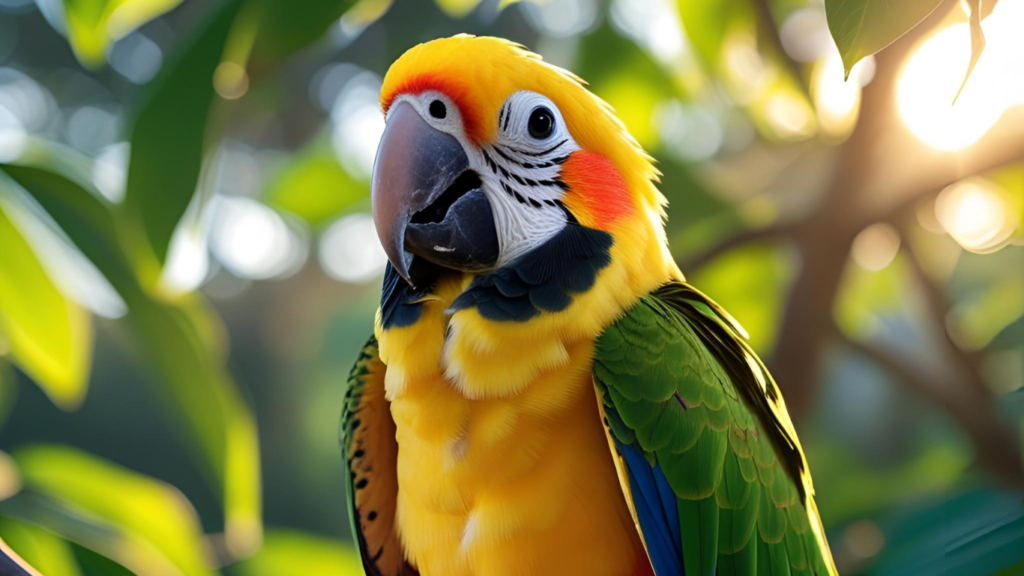
Bringing a bird into your home is an incredibly rewarding experience. Their vibrant personalities, beautiful songs, and charming antics can bring so much joy. However, like any pet, birds can face their own set of challenges. As a responsible bird parent, understanding potential problems and knowing how to address them is key to ensuring your feathered friend lives a long, happy, and healthy life.
This easy-to-read FAQ guide will walk you through the most common bird problems pet owners encounter, offering practical advice and emphasizing when it’s time to call in the professionals. Let’s dive in!
Q1: My Bird is Plucking Its Feathers. Why is My Feathered Friend Doing This?
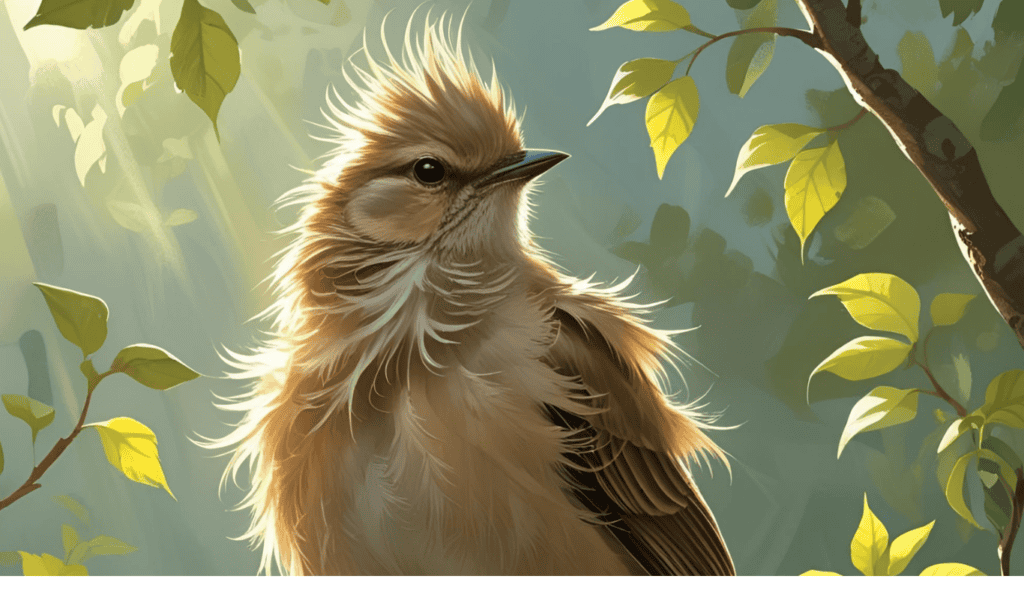
Feather plucking can be alarming to witness, and it’s a behavior that often signals an underlying issue. It’s crucial to address it promptly.
- Potential Causes:
- Medical Conditions: This is always the first thing to rule out! Plucking can be a symptom of skin infections, parasites (like mites), allergies, nutritional deficiencies, or even organ disease.
- Behavioral Stress: Birds are sensitive creatures. Boredom, loneliness, anxiety, a lack of mental stimulation, or even changes in their environment can lead to stress-induced plucking.
- Environmental Factors: Low humidity (especially common indoors), a dirty cage, or even certain toxins can contribute.
- Hormonal Imbalance: During breeding seasons, some birds may pluck due to hormonal fluctuations.
- What to Do:
- Immediate Avian Vet Visit: This is non-negotiable. Only a vet can diagnose and treat medical causes.
- Environmental Enrichment: If medical causes are ruled out, focus on providing more toys, foraging opportunities, a larger cage, and plenty of out-of-cage time.
- Diet Review: Ensure your bird is on a balanced, high-quality diet.
Q2: My Bird Has Suddenly Become Quiet or Lost Its Appetite. Is This Normal?
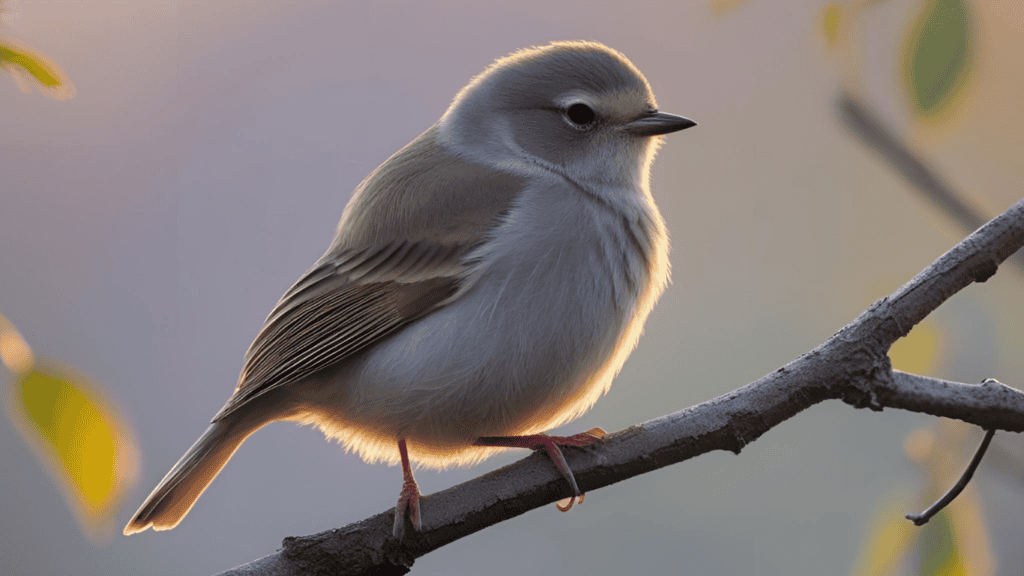
Absolutely NOT! This is one of the most critical signs of illness in birds. Birds are masters at hiding their symptoms, as showing weakness in the wild would make them vulnerable to predators. A quiet, lethargic bird or one refusing to eat is often a very sick bird.
- What to Do:
- Emergency Avian Vet Visit: Do not delay! Time is of the essence when a bird shows these signs. Early intervention significantly improves the chances of recovery.
- Keep Warm: While waiting for your vet appointment, ensure your bird is warm and comfortable, but avoid trying to force-feed unless directed by your vet.
Q3: My Bird is Biting Me a Lot. How Can I Stop This Aggressive Behavior?
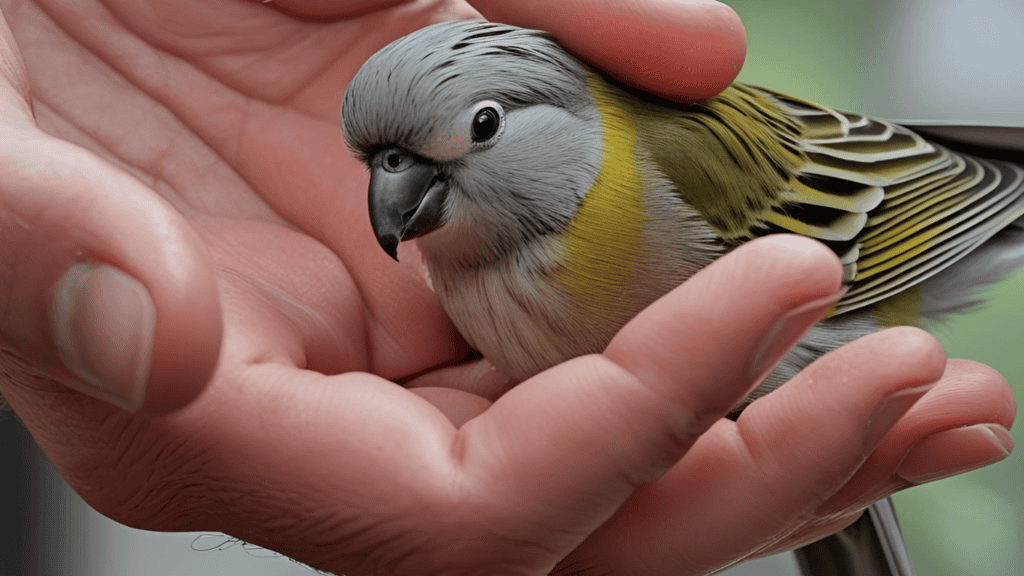
Biting can be frustrating and even painful, but it’s important to remember that birds don’t bite out of malice. It’s a form of communication.
- Common Reasons for Biting:
- Fear or Feeling Threatened: If a bird feels trapped or unsafe, it might bite to create distance.
- Hormonal Surges: During breeding season, birds can become more territorial or nippy.
- Lack of Socialization: Birds not accustomed to human handling may bite out of discomfort.
- Seeking Attention: Sometimes, a bite (even a gentle nip) gets a reaction, and birds quickly learn this.
- Pain or Discomfort: A sudden increase in biting could signal an injury or illness.
- “Bluffing”: Young birds often go through a nippy phase as they test boundaries.
- What to Do:
- Understand the “Why”: Try to identify the trigger for the biting.
- Positive Reinforcement: Reward desired behaviors with treats and praise. Avoid punishing biting, as it can worsen the behavior or make your bird fearful.
- Gentle Handling: Learn how to handle your bird in a way that makes it feel secure.
- Vet Check: If the biting is sudden, severe, or out of character, rule out medical causes with your vet.
Q4: My Bird is Extremely Noisy! Is There Anything I Can Do About Excessive Screaming?
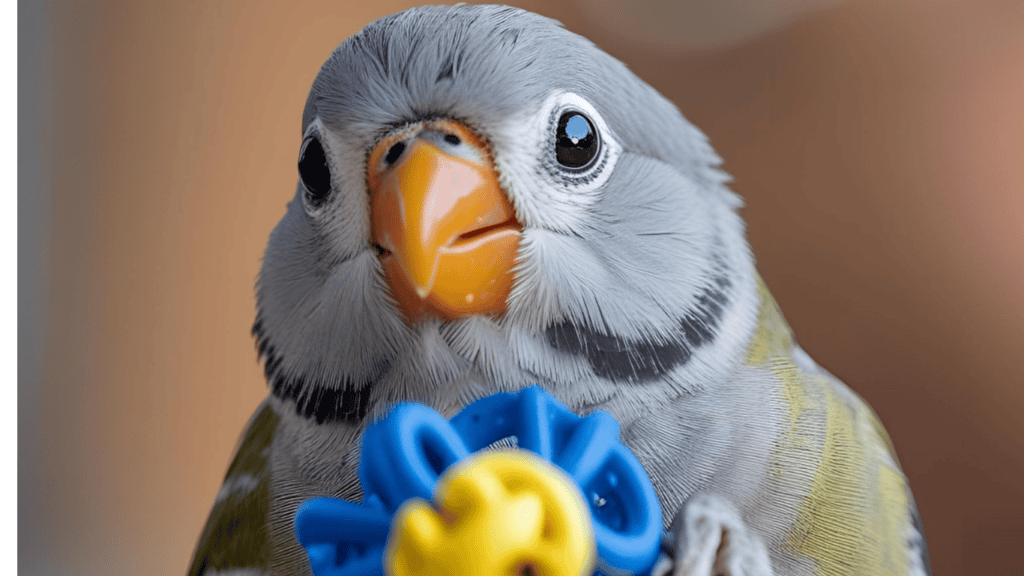
Ah, the “talking” (or rather, “screaming”) bird! While some bird species are naturally more vocal than others (hello, Cockatoos!), excessive screaming can be a challenge.
- Reasons for Excessive Noise:
- Attention-Seeking: The most common reason! Birds are social and want your interaction.
- Contact Calls: In the wild, birds use calls to locate their flock. You are their flock!
- Boredom/Lack of Stimulation: A bored bird is often a noisy bird.
- Environmental Stimuli: Loud noises outside, other pets, or even a perceived threat can trigger alarm calls.
- Excitement: Sometimes, they’re just happy!
- What to Do:
- Ignore Bad Behavior, Reward Good: Don’t rush to your bird every time it screams. Instead, reward quiet moments with attention, treats, or praise.
- Enrichment is Key: Provide plenty of toys, puzzle feeders, and opportunities for out-of-cage playtime. Rotate toys frequently to keep things fresh.
- Understand Natural Calls: Acknowledge that some level of noise is normal for your bird’s species.
- Routine: A predictable daily routine can sometimes help reduce anxiety-induced screaming.
Q5: My Bird’s Droppings Look Different. Should I Be Concerned About Changes in Poop?
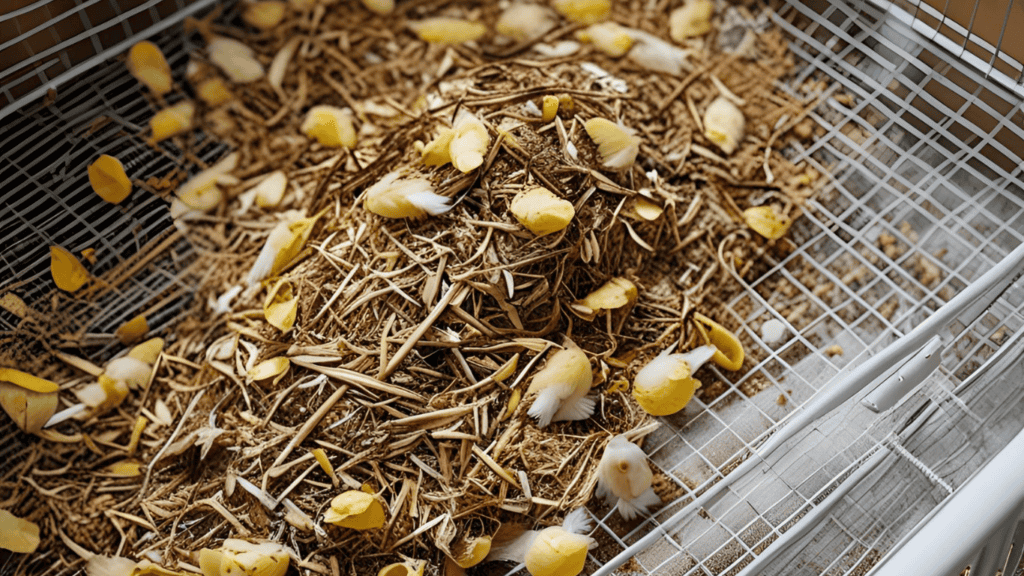
Monitoring your bird’s droppings is a simple yet powerful way to gauge its health. Changes can be an early warning sign.
- What to Look For (and When to Worry):
- Normal Droppings: Typically consist of three parts: solid dark feces, white urates (uric acid, like a chalky paste), and clear urine. Consistency varies slightly by diet (e.g., watery after fresh fruit).
- Concerning Changes:
- Abnormal Color: Green, black, or bloody droppings.
- Consistency: Excessively watery (diarrhea), very dry, or unusually bulky.
- Volume: Significantly more or less than usual.
- Undigested Food: Seeing whole seeds in the droppings is a red flag.
- What to Do:
- Observe Closely: Note the exact changes and how long they occur.
- Dietary Review: Consider if any recent diet changes could explain it.
- Vet Consultation: If the change is sudden, severe, or accompanied by other symptoms (lethargy, fluffed feathers, reduced appetite), contact your avian vet immediately. If possible, bring a photo of the droppings!
Q6: How Can I Prevent These Common Bird Problems and Ensure My Pet Bird Thrives?

Prevention is always better than cure! proactive care is the best way to ensure your feathered companion stays happy and healthy.
- Provide a Superior Diet: Move beyond just seeds! Offer a high-quality pelleted diet as the staple, supplemented daily with a variety of fresh fruits, vegetables, and leafy greens.
- Maintain Impeccable Hygiene: Clean the cage daily (spot cleaning) and thoroughly clean it weekly. A clean environment is crucial for preventing bacterial and fungal infections.
- Offer Abundant Enrichment: Birds are intelligent and need mental stimulation. Provide a wide variety of toys (rotate them regularly!), puzzle feeders, and opportunities for foraging.
- Ensure Social Interaction: Birds are flock animals. Spend quality time interacting with your bird every day – talking, playing, and training.
- Prioritize Regular Avian Vet Check-ups: An annual check-up with a qualified avian veterinarian (not just a general pet vet!) is essential for early detection and prevention of health issues.
- Provide an Appropriately Sized Cage: Your bird’s cage should be large enough for it to fully stretch its wings, climb, and move around comfortably. “Too big” is rarely a problem; “too small” always is.
- Monitor for Subtle Changes: You know your bird best. Pay attention to changes in behavior, vocalization, appetite, and droppings – these are often the first signs of a problem.
Don’t Wait, Educate!
Understanding these common bird problems empowers you to be a better pet parent. While this guide offers valuable insights, remember that your avian veterinarian is your ultimate resource. If you ever have concerns about your bird’s health or behavior, don’t hesitate to seek professional advice. A happy, healthy bird means a happy pet owner!